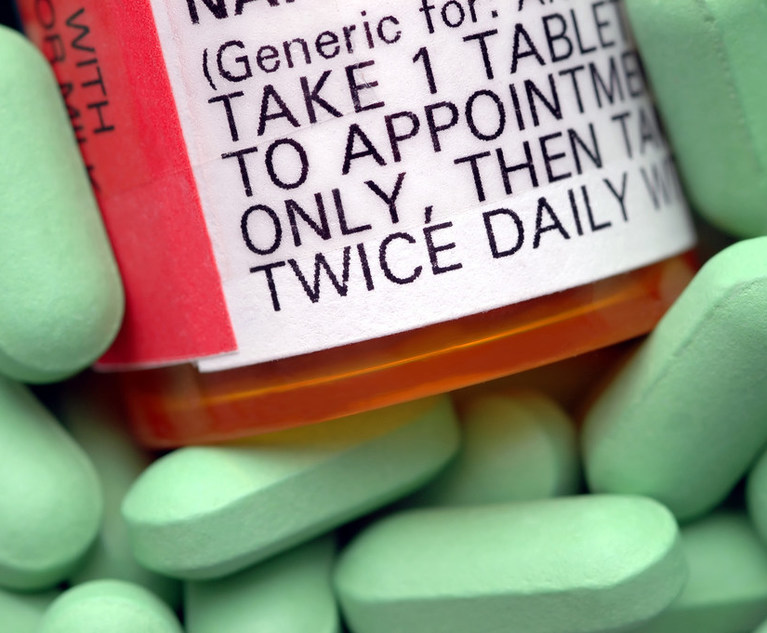 In 1975, in a case involving food safety, the Supreme Court said that defining the outer bounds of criminal liability could be entrusted to “the good sense of prosecutors, the wise guidance of trial judges, and the ultimate judgment of juries.” United States v. Park, 421 U.S. 658, 669 (1975) (quoting United States v. Dotterweich, 320 U.S. 277, 285 (1943)). Such willingness to trust a prosecutor’s “good sense” is hardly the case now. In McDonnell v. United States, 579 U.S. 550, 576 (2016), to take one example, the Supreme Court declined to construe a key phrase affecting the definition of bribery expansively “on the assumption that the Government will ‘use [a criminal statute] responsibly’” (citing United States v. Stevens, 559 U.S. 460, 480 (2010)).
In 1975, in a case involving food safety, the Supreme Court said that defining the outer bounds of criminal liability could be entrusted to “the good sense of prosecutors, the wise guidance of trial judges, and the ultimate judgment of juries.” United States v. Park, 421 U.S. 658, 669 (1975) (quoting United States v. Dotterweich, 320 U.S. 277, 285 (1943)). Such willingness to trust a prosecutor’s “good sense” is hardly the case now. In McDonnell v. United States, 579 U.S. 550, 576 (2016), to take one example, the Supreme Court declined to construe a key phrase affecting the definition of bribery expansively “on the assumption that the Government will ‘use [a criminal statute] responsibly’” (citing United States v. Stevens, 559 U.S. 460, 480 (2010)).
This concern with how broadly worded statutes may be used, or misused, by prosecutors was central to the Supreme Court’s decision last term in Ruan v. United States, 142 S. Ct. 2370, 2380 (2022). Ruan arose from a federal criminal prosecution of licensed physicians for over-prescribing opioids and other addictive drugs, in violation of §841 of the Controlled Substances Act. That law prohibits distribution of controlled substances “[e]xcept as authorized.” 21 U.S.C. §841.
This content has been archived. It is available through our partners, LexisNexis® and Bloomberg Law.
To view this content, please continue to their sites.
Not a Lexis Subscriber?
Subscribe Now
Not a Bloomberg Law Subscriber?
Subscribe Now
LexisNexis® and Bloomberg Law are third party online distributors of the broad collection of current and archived versions of ALM's legal news publications. LexisNexis® and Bloomberg Law customers are able to access and use ALM's content, including content from the National Law Journal, The American Lawyer, Legaltech News, The New York Law Journal, and Corporate Counsel, as well as other sources of legal information.
For questions call 1-877-256-2472 or contact us at [email protected]






